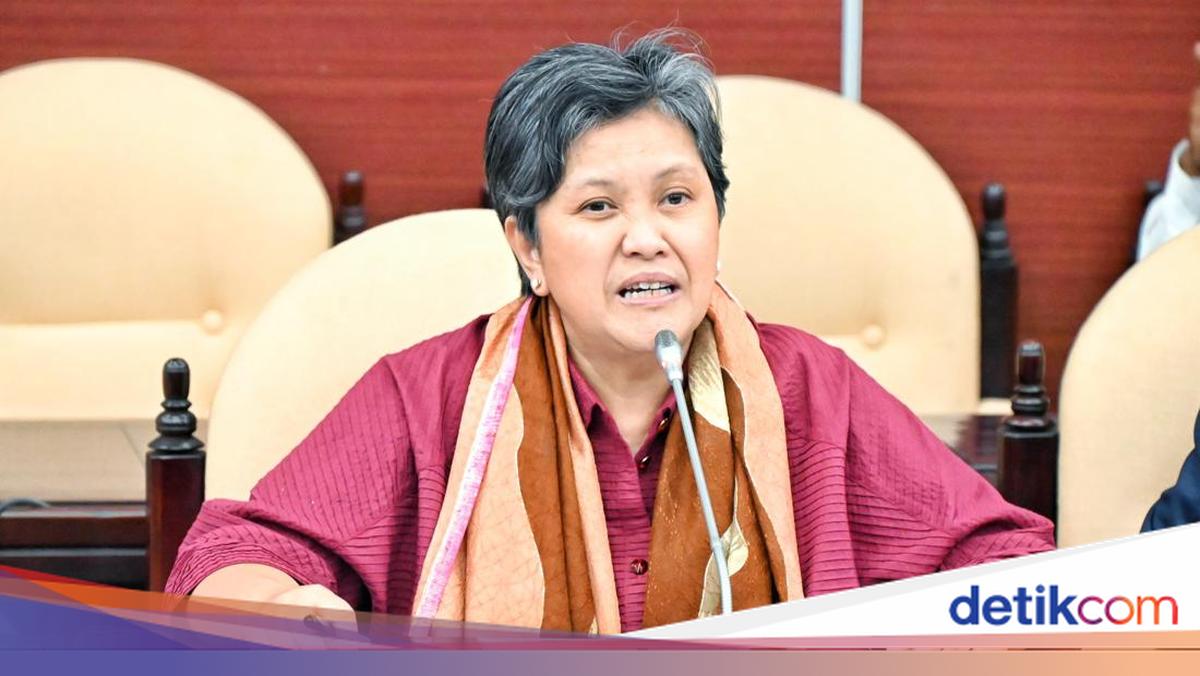Jakarta – Deputy Chairman of the Indonesian MPR Lestari Moerdijat reminded that the increase in basic knowledge of community disasters is important to realize. This step is to apply the right steps in dealing with the impact of climate change that has the potential to present a number of disasters in the country. This was revealed by Lestari in his remarks on the research and innovation use capacity opportunity for the community in 2025 with the theme of distribution of research and innovation results and the acquisition of disaster knowledge passed by the National Research and Innovation Agency (Brin) in Semarang, Central Java, today. The collaborators of the Limnology and Water Resources Research Center, present at the event, were a researchers of the Limnology and Water Resources Research Center Brin Yus Budiyono, a member of the Nasdem Moch fact. Rodhi, community leaders Danty Rukmana, and social and disaster activists in central -Java. Browse to continue with the content “the ability of the community in disaster mitigation through different attempts to increase disaster knowledge must be performed throughout to answer the different challenges of the potential of natural disasters in the country,” Lestari Moedijat said in his statement, Monday (29/9/2025). According to Lestari, a number of local wisdom can also be socialized as part of solutions related to good natural resource management in an effort to improve disaster mitigation. “Based on data from the National Disaster Management Agency (BNPB), there were 2,310 natural disasters in Indonesia from 1 January to 1 September 2025,” he said. He said that the topographic conditions covering mountainous and highlands, which left the island of Java, as well as lowlands almost spread across the North and South Coast, causing the province of the Central Java to have a position for natural disasters. “These conditions require the readiness of all related parties, including government, social activists and disasters, as well as the community to face different challenges that come,” he explained. He added that some basic knowledge of disaster reaction efforts such as identification and risk mapping, mitigation planning, distribution of information and socialization, as well as the application of physical and non -physical efforts. Therefore, the training effort for research and innovation results and the acquisition of knowledge in the field of disasters held by Brin is very important, as part of the community’s ability to improve disaster mitigation. “Hope, stakeholders at central and regional level can realize joint support, in an effort to increase the community concept in dealing with different potential natural disasters in the country,” he concluded. (Ega/Ega)
Waka MPR reminds the knowledge of the basic disaster to be improved
